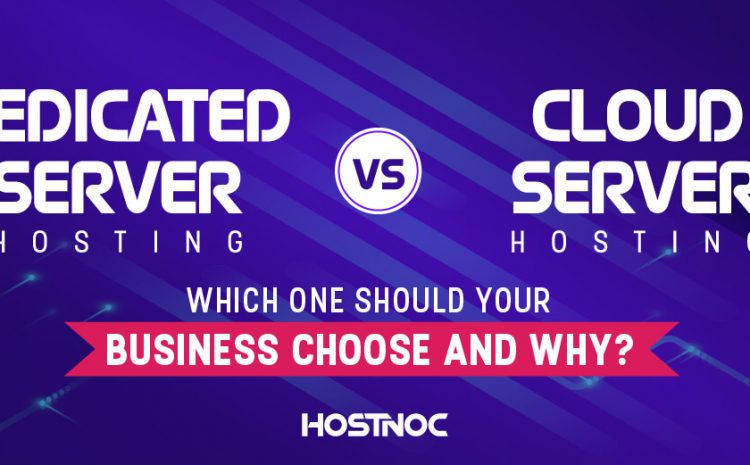Blogs
Home / Blog


Cloud computing is no longer just a buzzword, it is a technology that is transforming the world. Businesses have stopped believing in most common cloud myths. Most businesses have jumped on the cloud bandwagon. According to a Virtustream survey, 86% of enterprises are taking the multi-cloud approach. Enterprises prefer a multi-cloud approach because it offers flexibility and saves them from vendor lock-in. Businesses can run their favorite apps without requiring hardware and software.
Do you want to gain a competitive advantage in cloud infrastructure? Are you interested in knowing what the future of cloud computing will look like? If yes, then this article is for you. In this article, you will learn about ways in which cloud computing will evolve in the future.
The focus will slowly but surely shift from automation to AI when it comes to cloud computing. As the complexity of cloud deployment increases, IT teams will focus on AI-based monitoring, resource allocation and troubleshooting in the cloud. Businesses will need a dynamic cloud strategy to move from automation to AI.
Auto healing and managed dedicated servers can come in handy for your IT team as it reduces their workload and ensures your IT team focuses on value-adding tasks. This ensures that your IT team doesn’t lose track and stay laser-focused on automating cloud processes. Don’t expect to achieve great results overnight. Automating cloud processes takes time.
Cloud computing is one of the most discussed topics in tech circles, which is why there is so much hype surrounding it. Thankfully, all that hype will subside as we see real-world applications of cloud at work. New technologies such as Edge computing will make an impact and with faster 5G connectivity on the horizon, we might see some new cloud applications taking advantage of high-speed connectivity. This will make the cloud more reliable than ever before. With multi-gigabit per second speeds, you will enjoy low 1-millisecond latency. This translates into faster cloud performance and a much-improved user experience.
One aspect that will differentiate the major public cloud providers from one another would be Enterprise IT strategy. With Infrastructure as a service model becoming deep-rooted in enterprises, businesses will welcome any technology that helps them reap the benefits of more processing power and RAM. Businesses who want to take full advantage of their cloud should invest time and energy towards creating an enterprise IT strategy.
Major cloud providers will focus on strength. For instance, Microsoft will build on its workload migration capabilities, while Google will look to stamp their authority in the AI realm. IBM will look to offer some stiff competition to top tech giants and it has acquired RedHat for this purpose. A cloud service provider who has a sound enterprise strategy will thrive in the future.
Even though the complexity of small scale cloud deployment can easily be managed but it is the large scale cloud deployment that poses the more significant challenge. Larger cloud vendors will try to stand out from the crowd by offering new cloud-based solutions with exceptional capabilities. On the other hand, smaller cloud vendors who focus on a niche will focus on their expertise. In short, we might see more fragmentation and cut-throat competition, which is good news for customers as they can secure a better cloud deal.
Deploying cloud effectively will still be a big challenge for organizations due to the increasing complexity. To streamline cloud deployment businesses must adopt a LEGO-like building blocks model. Businesses adopting cloud demands cloud innovation, which would help them in reaping the real benefits of continuous integration and delivery. This might attract business towards open source technologies.
Open-source technologies will help businesses in fine-tuning their software and help them achieve higher productivity. Cloud security and privacy is another big challenge and might hamper its wider adoption. In this regard, cloud vendors are trying their best to ensure the privacy and security for their cloud but there is still a long way to go before we can consider cloud genuinely secure and private.
What will be the future of the cloud in your opinion? How will cloud computing evolve in the future? Feel free to share it with us in the comments section below.
Enter your email to receive the latest news, updates and offers from HostNoc.
